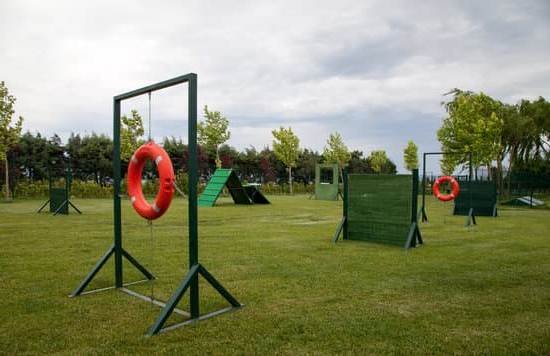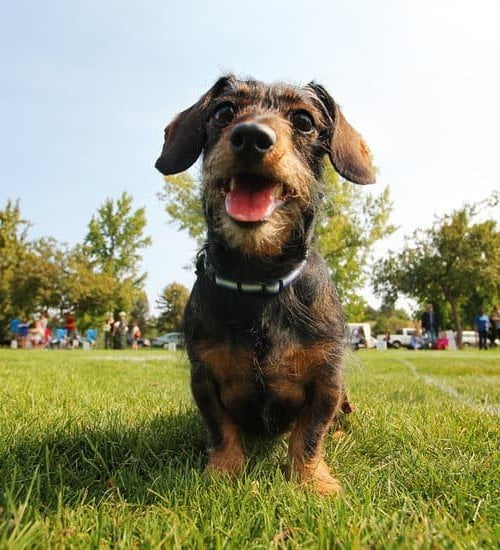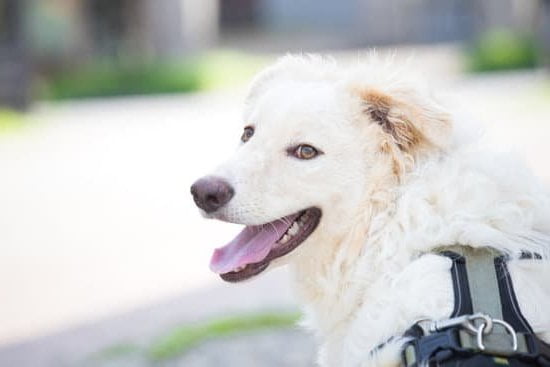How To Train Your Dog Not To Poop In Crate
Dogs are naturally inclined to relieve themselves in one specific area in order to make their lives easier. If you are crate training your dog, it is important to get them used to going outside to do their business. In order to do this, you will need to be consistent with your commands and rewards.
When your dog is first learning not to poop in their crate, you will need to keep a close eye on them. If you see them start to squat, give them a verbal cue such as “outside” and take them outside immediately. If they relieve themselves outside, praise them and give them a treat. If they do not relieve themselves, bring them back inside and put them back in their crate.
It is important to be patient when crate training your dog. It may take a while for them to get used to going outside to relieve themselves. However, with consistency and patience, your dog will eventually learn not to poop in their crate.
Crate Training Anxious Dog
The first step in crate training an anxious dog is to make sure that you provide a safe and comfortable environment for your pet. You’ll need to select a crate that is the appropriate size for your dog and be sure to use a comfortable bed or blanket inside.
If your dog is anxious or fearful, you’ll want to start the crate training process slowly. Begin by placing the crate in a quiet and calm location in your home. Feed your dog their meals inside the crate and gradually increase the amount of time your pet spends inside.
If your dog begins to get anxious or fearful, don’t force them to stay inside the crate. Instead, calmly remove them and try again later. It may take some time, but with patience and perseverance, you can successfully crate train an anxious dog.
How To Crate Train A Dog That Hates The Crate
If you have a dog who hates the crate, you are likely struggling with how to crate train them. This is a common issue, as many dogs see the crate as a place of confinement and punishment. However, with patience and some training, it is possible to get your dog to love the crate.
The first step is to make the crate a positive place for your dog. Start by putting some favorite toys or treats inside, and give your dog plenty of positive reinforcement when they go into the crate. Once your dog is comfortable going into the crate, you can start using it for training.
Whenever you want to crate your dog, put them in the crate calmly and give them a few treats. Once your dog is calm, you can close the crate door. If your dog starts to get antsy, calmly open the door and let them out. If your dog is quiet and calm, leave them in the crate for a few minutes and then let them out. gradually increase the amount of time your dog spends in the crate, but always be sure to let them out if they start to get antsy.
It may take a while, but with patience and positive reinforcement, you can get your dog to love the crate.
Crate Training Your Dog
There are a number of benefits to crate training your dog. Dogs are den animals and like to have their own space. A crate can provide that space. Crating your dog can also help with housebreaking. When you first start crate training, put your dog in the crate for short periods of time and gradually increase the time.
Be sure to provide your dog with plenty of toys and treats to keep them occupied in the crate. You can also use the crate as a place for your dog to sleep. Some dogs will go in the crate on their own when they want to take a nap.
If you are using the crate to housebreak your dog, put them in the crate when you are not able to supervise them. When you are able to watch them, take them outside to go to the bathroom. If your dog has an accident in the crate, don’t punish them. Clean up the mess and start over with crate training.
How Do You Crate Train A Dog At Night
?
There are a few things you need to do in order to crate train your dog at night.
First, you need to get your dog used to the crate. Start by putting your dog’s food bowl inside the crate and leaving the door open. This will allow your dog to get used to being in the crate.
Once your dog is comfortable being in the crate, you can start crate training at night. Start by putting your dog in the crate for a short period of time, such as 10 minutes. Gradually increase the amount of time your dog spends in the crate.
If your dog whines or barks in the crate, don’t give in and let him out. This will only teach your dog that whining and barking will get him what he wants. Instead, wait until your dog is quiet before letting him out of the crate.
If you follow these tips, you can successfully crate train your dog at night.
“

Welcome to the blog! I am a professional dog trainer and have been working with dogs for many years. In this blog, I will be discussing various topics related to dog training, including tips, tricks, and advice. I hope you find this information helpful and informative. Thanks for reading!





